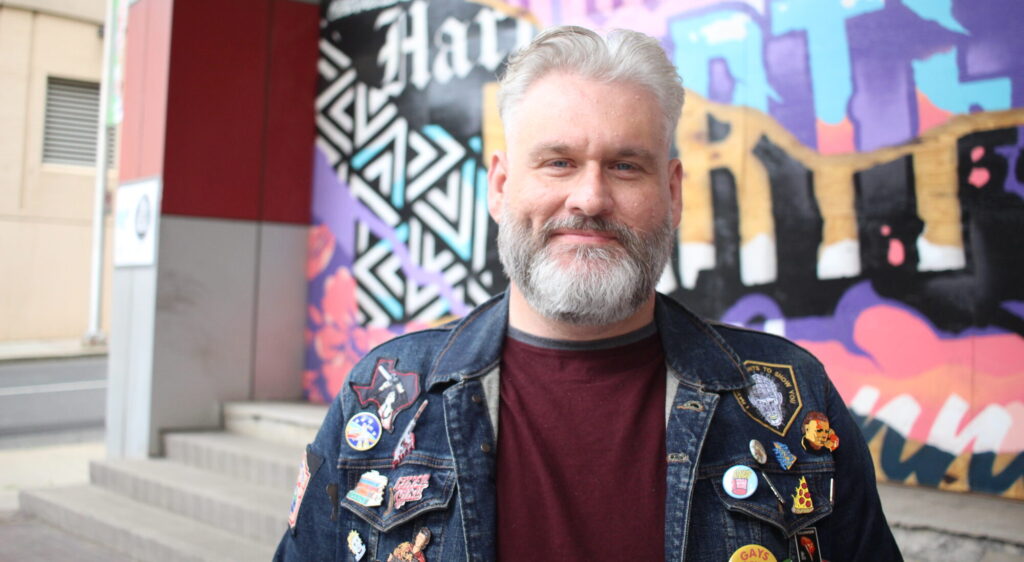
Cody Daigle-Orians talks about ‘Ace Dad Advice’
The “A” in the LGBTQIA acronym stands for Asexual, or “Ace”. People who are Ace experience a lack of sexual attraction, whether it be a complete lack of interest in sexual activity or just a seldom lack of interest.
Many people still don’t understand what it means to be Ace. There are still lots of questions about what it means, both from people who don’t identify as Ace and some people that do.
Recently, I spoke with Cody Daigle-Orians, creator of “Ace Dad Advice, about his journey as an Ace Daddy in the LGBTQ community.
Kyle Jackson: Can you give me a bit about your background, and when you started to realize you were ace?
Cody Daigle-Orians: I first came out as 18, and I came out as gay. At the time — this is 1994 — it was the identity that made the most sense to me. I was romantically interested in men and women, but I wasn’t really sexually interested in anyone.
I identified as bi for a while, but I fell into that trap of “bi is just a gateway to gay” thing, so I embraced gay as my identifier. There was no language around asexuality that was available to me. I just figured I was gay with some issues around sex.
Jump to being 42, married to my husband, and poking around on Tumblr. I spent a lot of time there on the queer theory side, and I started encountering all of these posts about asexuality. And I just kept seeing more and more of my experience in those posts.

I realized I wasn’t just a “gay guy with sex issues.” I was asexual. It had a name. It was a real experience, not a broken version of another one.
KJ: Did you already know a lot about those who identify as ace, or did you have to learn?
CD: I had a lot to learn. I always had a vague idea of who asexual people were and what asexuality was, but it was mostly informed by misconceptions and stereotypes. I had to do my research, read, and explore. And the more I learned, the more I recognized myself.
KJ: What are some of the common misconceptions that people have about ace people?
CD: One of the biggest misconceptions about asexual folks is that we are “broken” versions of some other sexual orientation. And that’s just not true. We aren’t “missing” something. I’m not “gay, but lacking something.” Asexuality is just another way to be in the world.
Another big misconception is that, as an asexual person, I don’t want relationships of any kind. That, because I’m ace, it means “no sex, no touching, no love, nothing.” Ace folks simply don’t or rarely experience sexual attraction. That’s it. All of the other avenues of human connection are open to us.
For example, I’m married and polyamorous. So I’ve got a husband of seven years and another partner. I also identify somewhere between sex-favorable and sex-neutral, so I’m ace but I still have sex sometimes.
While this isn’t true for every ace person (Some ace folks are sex-repulsed or sex-averse, so they don’t have sex. And some ace folks are aromantic, so they don’t pursue romantic relationships), asexuality doesn’t automatically mean “nothing and never.” Asexuality is a spectrum of experience, and it’s a very diverse community of folks that are identifying as asexual.
KJ: What influenced you to start “Ace Dad Advice”?
CD: I downloaded TikTok earlier this year at the urging of my barber. He told me I’d dig it. I was like, “No, that’s for kids. Not my scene.” But I downloaded the app anyway. And I made this video identifying myself as asexual.
All of a sudden, I’m getting a ton of comments and messages. ‘I’ve never seen an ace person who looks like you.” “I didn’t know ace elders existed.” “I didn’t know there were ace adults out there.”
And that struck me. When I came out as gay at 18, elders and mentors in the community meant a lot to me. They helped me get through some difficult stuff. So, seeing that the ace community — at least the ace community that’s in the online spaces like TikTok and Tumblr — didn’t have many visible elders and mentors felt important to do something about.
So, I started making videos that were encouraging, that explained stuff, that answered questions. All in the way a supportive dad figure would.
KJ: What is the best thing about doing “Ace Dad Advice”?
CD: The best thing is just helping people figure out some tough stuff. Identity is hard. And identity is even harder when there aren’t a lot of mainstream representations of what you’re experiencing.
So, it’s really rewarding to have people say things like, “You helped me feel more confident about myself,” or “You helped me understand my asexuality a little better.” I’ve even had people tell me they realized they were ace by following my videos and learning. That’s huge. If making some TikTok and YouTube videos helps people not feel broken, it’s totally worth it.
KJ: What are some of the challenges?
CD: Being a very outspoken ace person makes dating guys harder. I’m very upfront about being asexual, and a lot of guys don’t really know much about it. So, I can get some really harsh comments like “You’re ace? I feel bad for your husband”, or “If you’re ace, what would be the point of dating you?” Stuff like that.
To feel like your only value in a community is the degree to which you’re willing to have sex with someone isn’t the greatest feeling, you know? The gay community prides itself on being sex-positive, and I think it’s really important that sex-positivity includes not having sex as a valid way to be.
KJ: What’s next for “Ace Dad Advice”? I hear there may be a book in the works?
CD: I just signed a contract with Jessica Kingsley Publishers to write an “Ace Dad Advice” inspired book, which is really exciting. The book will be aimed at Young Adult readers, but it will be a useful resource to anyone at any age questioning their sexual identity or wondering if they’re ace.
I’ll continue making videos on TikTok and hopefully continue to grow the YouTube channel with interviews and other kinds of video content for the ace community.
Follow Daddy Cody on TikTok and YouTube to keep up with his latest Ace Dad Advice!

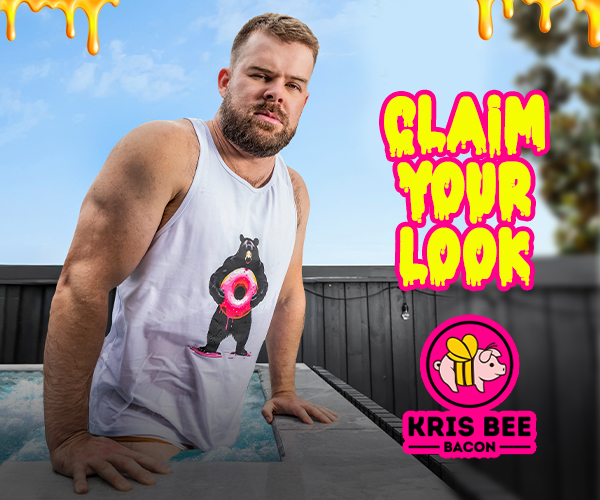
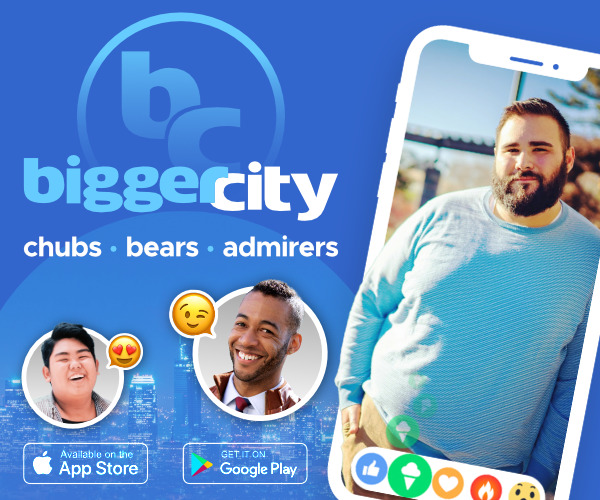

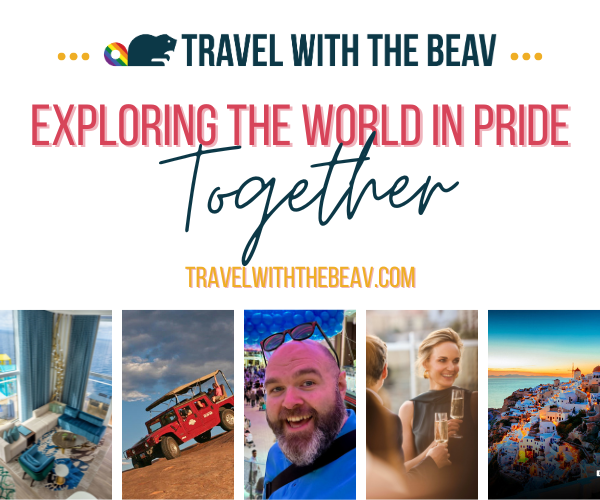
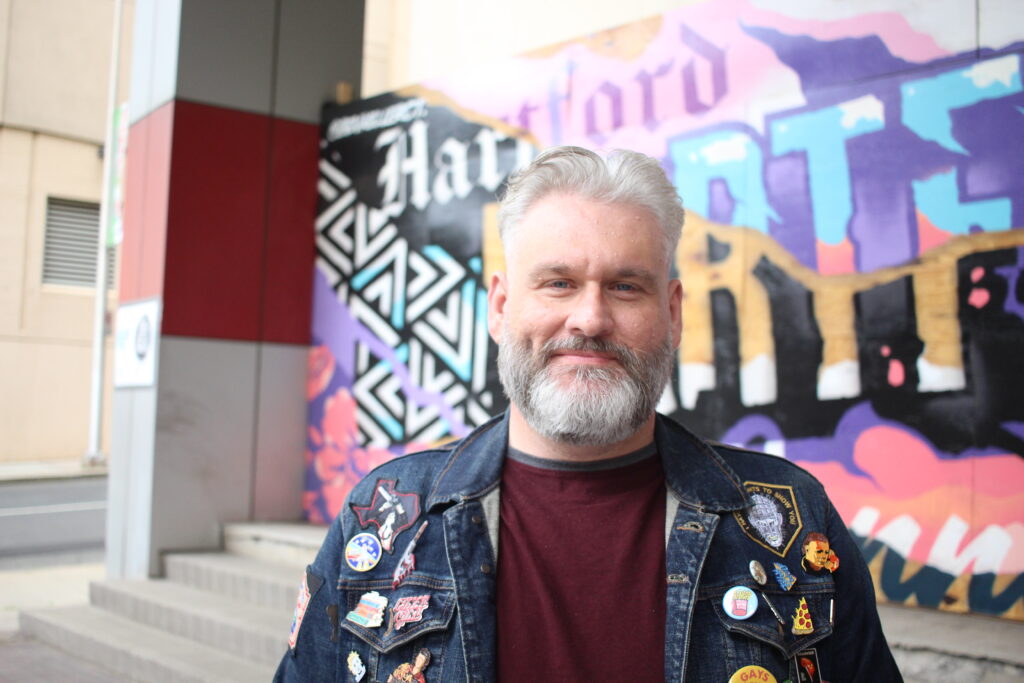
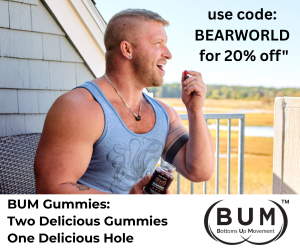


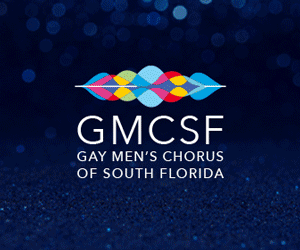
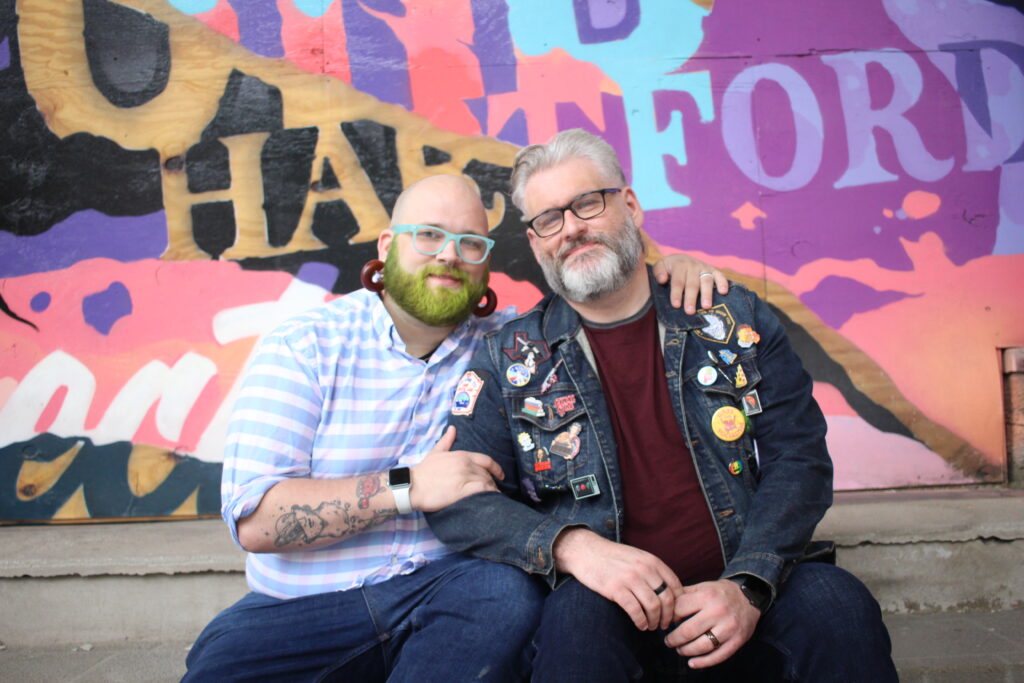




Comments are closed.